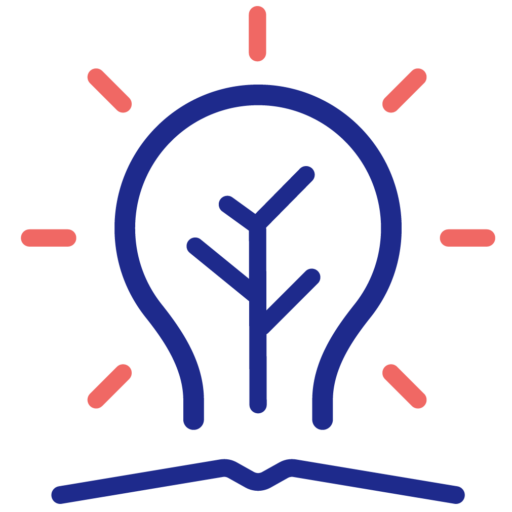Motivation can wane when it comes to routine tasks, but incorporating a reward system can make them more enjoyable and help sustain your productivity.
Understanding positive reinforcement
Positive reinforcement is a principle of behavioural psychology where the likelihood of a behaviour is increased by following it with a rewarding outcome. When you consistently reward yourself for completing a task, you build a positive association with the task itself. This can make it easier to approach similar tasks in the future without procrastination.
Practical examples of rewards
Choose simple, meaningful rewards that won’t interrupt your productivity. After completing a particular task, take a 10-minute break, enjoy a snack, or step outside for fresh air. For larger milestones, reward yourself with a longer break or engage in a hobby. The key is to choose incentives that motivate you but don’t derail your workflow.
Balancing rewards and work
Ensure that the rewards you choose complement your productivity rather than hinder it. Short, planned breaks have been shown to rejuvenate focus and keep productivity steady throughout the day. A brief pause to practise mindfulness or take a walk can refresh your mind without breaking your work rhythm.
The long-term effect
Over time, a reward system can create a positive feedback loop that reduces procrastination. Your brain will begin to associate routine tasks with the enjoyable break or treat that follows, making it easier to start and finish them. This approach works best when combined with other strategies from this series, such as time blocking and an organised workspace.
Summing up
Incorporating rewards into your work routine can turn mundane tasks into opportunities for positive reinforcement, boosting your overall motivation. By carefully choosing and balancing rewards, you create a sustainable system that maintains your focus and prevents procrastination. Over time, this practice builds a positive feedback loop, where your brain associates routine work with satisfaction. Combined with structured workflows, a reframed mindset, and an optimised environment, rewards can be the final touch that transforms your productivity strategy and makes even the most repetitive tasks feel worthwhile. I hope these methods and tips help you to keep your research momentum going and achieve sustained success in your academic or professional journey!
References
Ariely, D. (2010). The upside of irrationality: The unexpected benefits of defying logic at work and at home. HarperCollins.
Cameron, J., & Pierce, W. D. (2019). Reinforcement and its role in motivation. Educational Psychology Review, 31(1), 1–24. https://doi.org/10.1007/s10648-019-09480-2
Clear, J. (2018). Atomic habits: An easy & proven way to build good habits & break bad ones. Penguin Random House.
Deci, E. L., & Ryan, R. M. (2017). Intrinsic motivation and self-determination theory: A comprehensive review. Annual Review of Psychology, 68, 23–50. https://doi.org/10.1146/annurev-psych-010416-044007
Eisenberger, R., & Cameron, J. (2018). The effects of reward on intrinsic motivation: A meta-analytic review. American Psychologist, 73(6), 719–731. https://doi.org/10.1037/amp0000281
Grant, A. M. (2013). The surprising benefits of intrinsic motivation. Journal of Positive Psychology, 8(2), 122–132. https://doi.org/10.1080/17439760.2013.776000
Hidi, S., & Renninger, K. A. (2020). Interest, reward, and motivation: Understanding their interplay. Educational Researcher, 49(2), 86–95.
Latham, G. P., & Locke, E. A. (2019). Advances in goal-setting theory. Motivation and Emotion Journal, 43(4), 565–589. https://doi.org/10.1007/s11031-019-09778-4
Pink, D. H. (2009). Drive: The surprising truth about what motivates us. Riverhead Books.


